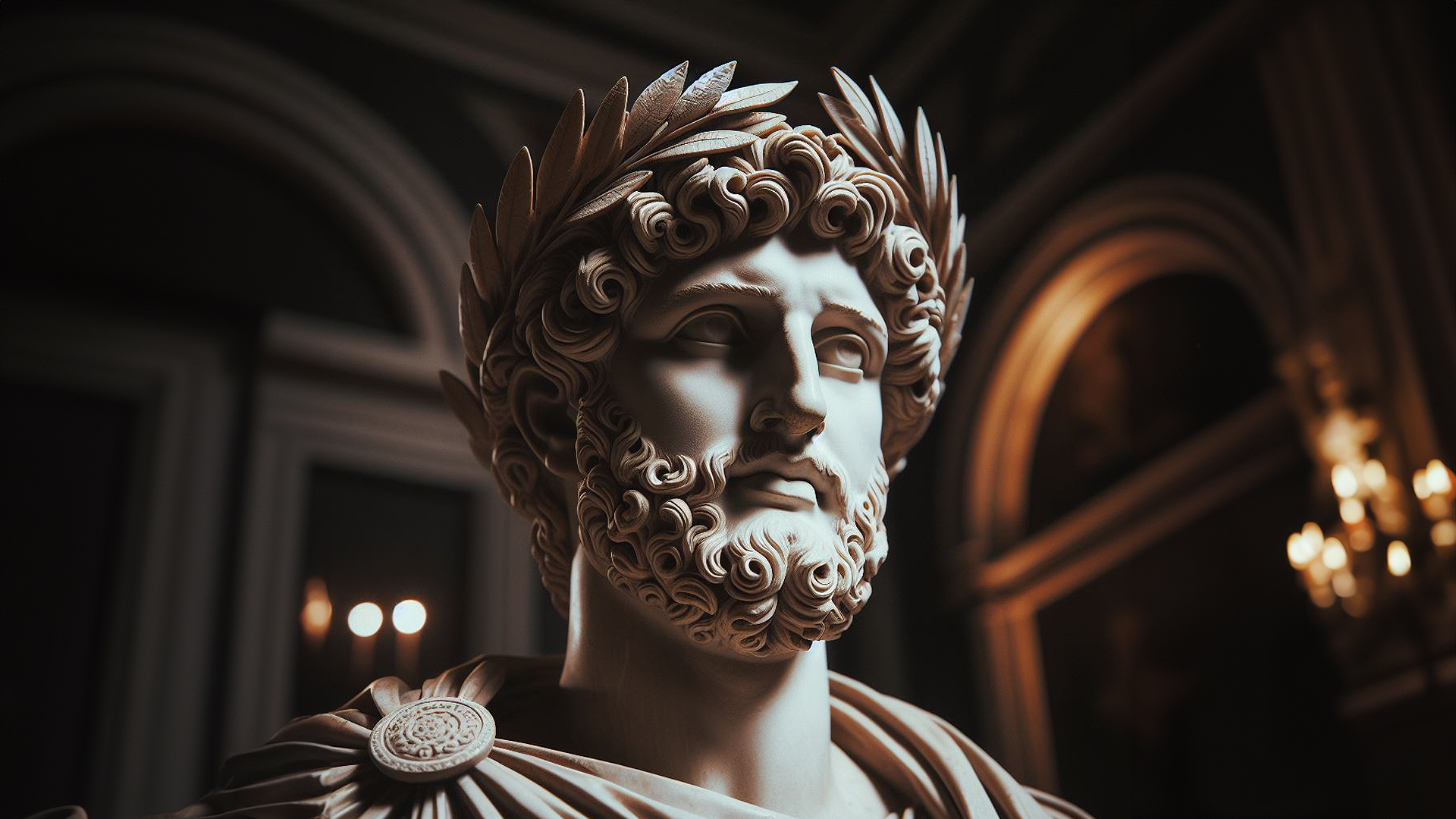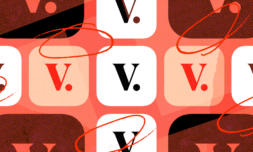The decision highlights a museum’s responsibility to constantly question expected truths.
The North Hertfordshire Museum isn’t necessarily a well-known institution. Located in a quaint town hall in the south of England, the galleries fade in the shadow of major British cultural spaces.
But this small historical museum has put itself firmly on the map after reclassifying a 3rd-century Roman Emperor as a trans woman.
Roman Emperor Elagabalus (Marcus Aurelius Antoninus Augustus) ruled in Rome between 203-222. Now, the museum will refer to her with she/her pronouns, in keeping with company policy that pronouns used in its displays will be those ‘the individual in question might have used themselves’. (For the purposes of this article, I will be doing the same).
Of course, there’s no definitive way of knowing how Elagabalus would have referred to herself on a day-to-day basis. But the Hertfordshire Museum were encouraged in their decision by the texts of Cassius Dio, who chronicled the history of Rome.
Dio wrote that Elagabalus was termed ‘wife, mistress, and queen’ and told one lover ‘Call me not Lord, for I am a Lady’. There are even suggestions that Elagabalus had female genitalia fashioned for her.
While the emperor’s new pronouns may come as a shock to many, this isn’t the first time Elagabalus has been a figurehead of the LGBTQ+ community.
The Hertfordshire Museum has a coin of the Roman leader which is often displayed amongst other LGBTQ+ items in its collection. The museum also works closely with Stonewall to ensure these displays are as up to date as possible.
The debate over Elagabalus’ gender identity has been long-standing in the academic world, and continues to split expert opinion.
‘There are many examples in Roman literature of times where effeminate language or words were used as a way of criticising or weakening a political figure’ said Dr Shushma Malik, a Cambridge university professor of Classics.
And Elagabalus was no stranger to criticism during her reign. The emperor gained a reputation as a promiscuous and sexually deviant leader during her time in power, which made her a wildly controversial figure across the empire.
However, councillor Keith Hoskins has said texts like Dio’s provide evidence that ‘Elagabalus most definitely preferred the ‘she’ pronoun and as such this is something we reflect when discussing her in contemporary times, as we believe is standard practice elsewhere’.
Unsurprisingly, the news of Elagabalus’ trans identity has drawn a mixed response online, where many are questioning the validity of the museum’s decision.




















